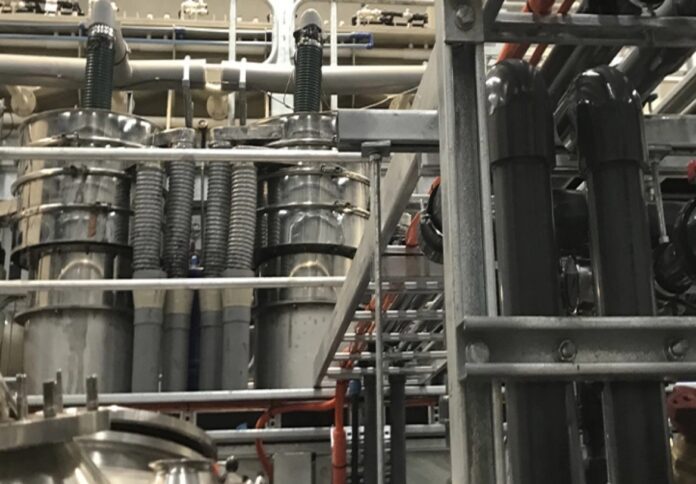
First Graphene Limited announced progress in the commercialisation of graphene materials with the development of new electrocatalysts tailored for the burgeoning ‘green hydrogen’ sector.
These advancements pave the way for more cost-effective and efficient production of hydrogen through water electrolysis, the company said in an ASX announcement.
First Graphene’s latest electrocatalyst project, conducted over 12 months in the United Kingdom, focused on creating low-cost yet high-performing materials crucial for accelerating hydrogen and oxygen production during electrolysis.
These electrocatalysts are vital for the economical manufacture of ‘green hydrogen,’ particularly as they aim to replace conventional catalysts that rely on expensive rare metals like iridium and ruthenium.
Supported by $183,000 in funding from Innovate UK, First Graphene embarked on trials to develop graphene-enhanced electrocatalysts, aiming to optimise formulations for coatings applied to electrodes.
The company then tested these catalysts against defined performance benchmarks, comparing them against commercial catalyst materials.
Results from the project showcased the exceptional performance of First Graphene’s catalysts, requiring less energy for hydrogen production compared to commercial iridium and ruthenium catalysts under similar conditions.
Notably, despite using the same amount of ruthenium, First Graphene’s solution demonstrated nearly three times the hydrogen output compared to a commercial ruthenium catalyst.
According to the company, this breakthrough holds significant potential, as it enables a more efficient utilisation of expensive ruthenium, thus driving down operating costs and enhancing the feasibility of ‘green hydrogen’ production.
First Graphene’s solution leverages the conductivity of its PureGRAPH platelets, enabling the combination of low-cost transition metals to produce high-performing and affordable electrocatalysts.
The positive outcomes from the Innovate UK project have spurred further government funding for a new project aimed at scaling up catalyst production.
Under The Centre of Expertise in Advanced Materials and Sustainability (CEAMS) pilot scheme in the UK, a $155,000 project has commenced to define process parameters for pilot-scale production of graphene catalyst materials.
As global electrolyzer manufacturing capacity is projected to soar by 2030, First Graphene’s enhanced electrocatalysts are well-positioned to meet the growing demand, particularly for Proton Exchange Membrane (PEM) electrolyzers.
The company recently showcased its capabilities at the World Electrolyser Congress in Düsseldorf, receiving significant interest from industry players seeking high-performing and cost-effective catalysts for PEM electrolyzers.
Furthermore, First Graphene has bolstered its capabilities with the establishment of a dedicated electrochemical testing facility at its UK headquarters in Manchester.
This facility will expedite testing processes for electrocatalysts and graphene materials, facilitating the development of new products and application opportunities.
In a bid to drive carbon neutrality, First Graphene has embarked on a partnership with the Greater Manchester Electrochemical Hydrogen Cluster (GMEHC) in the UK.
This collaboration aims to analyse graphene metal oxides for integration into electrolyzer stacks, marking a significant step towards commercialization and widespread adoption of this transformative technology.



















